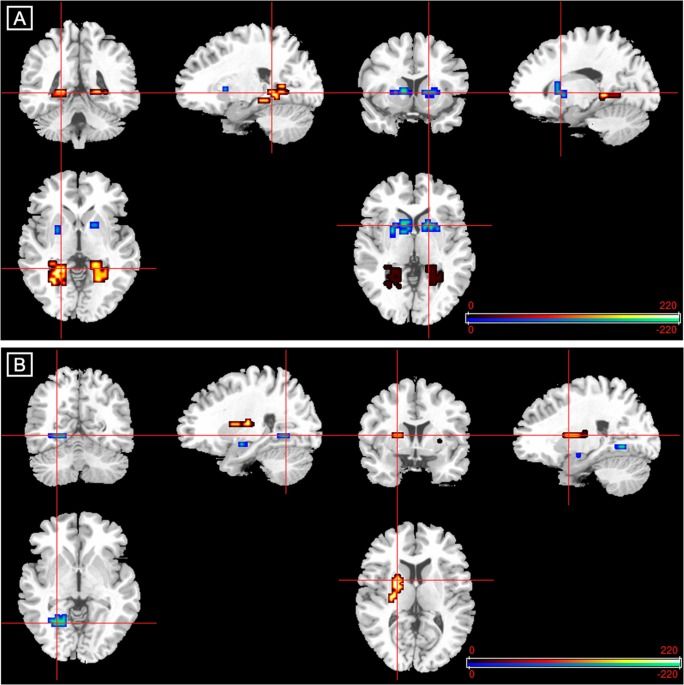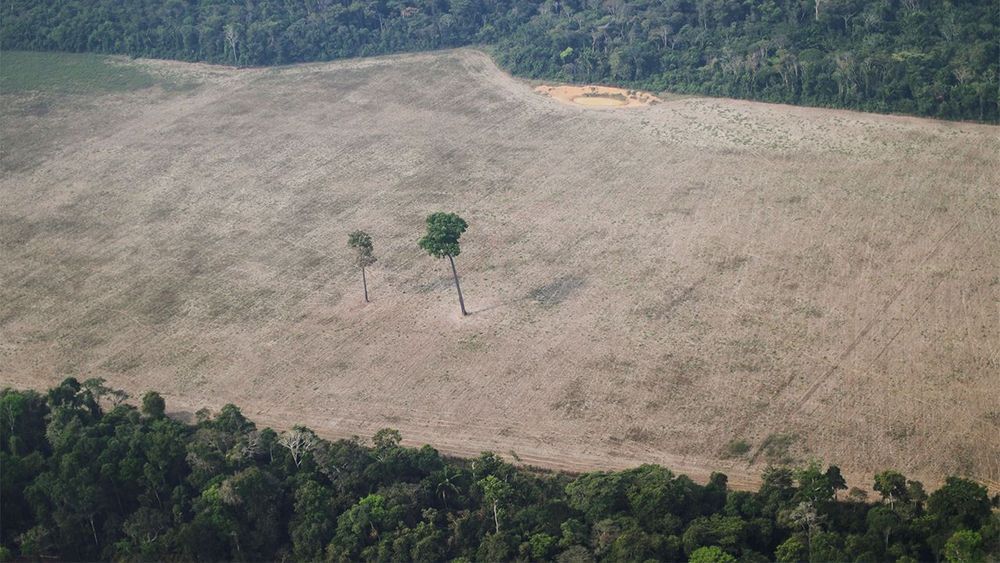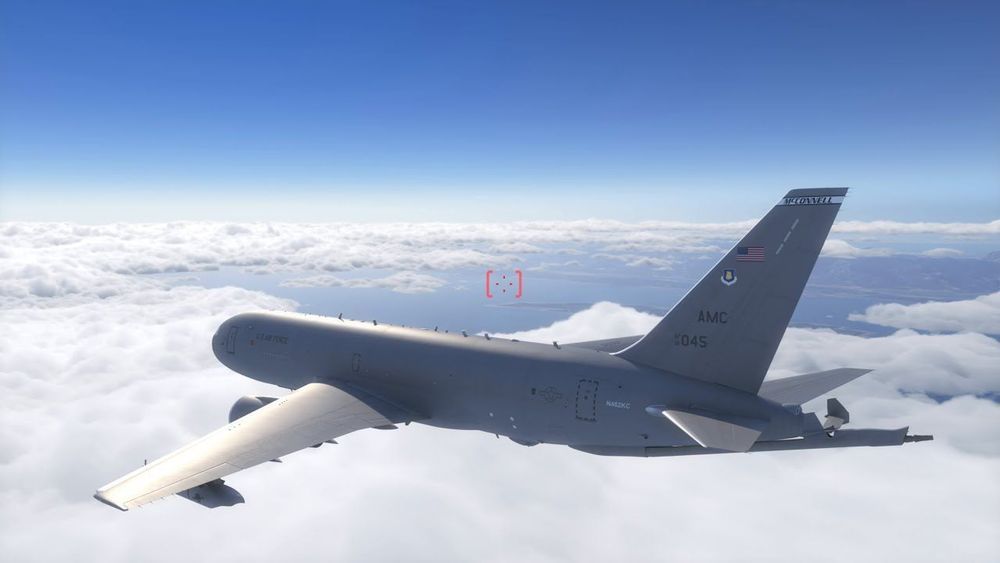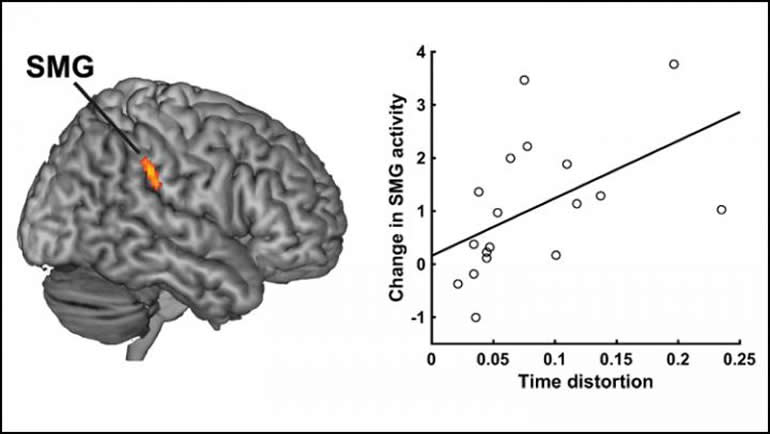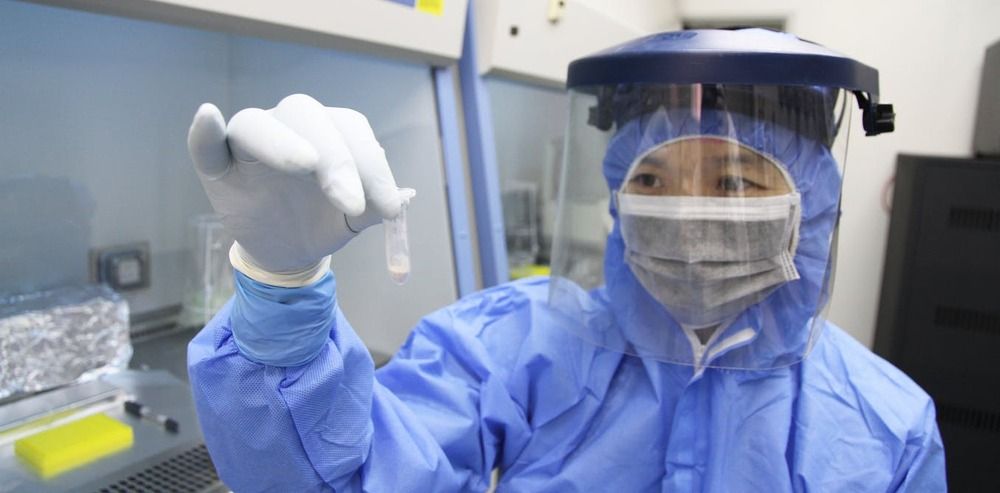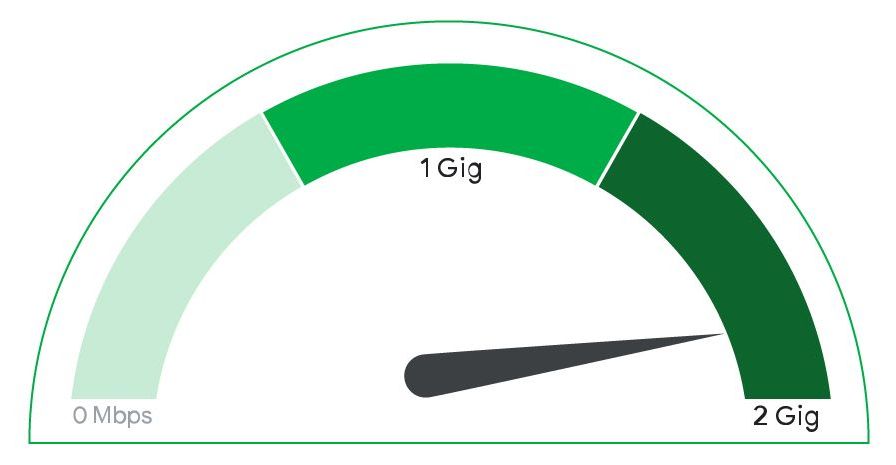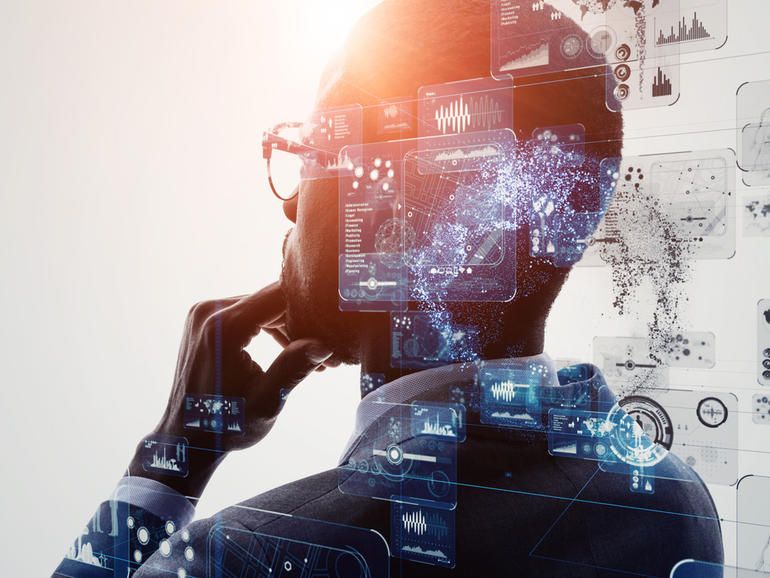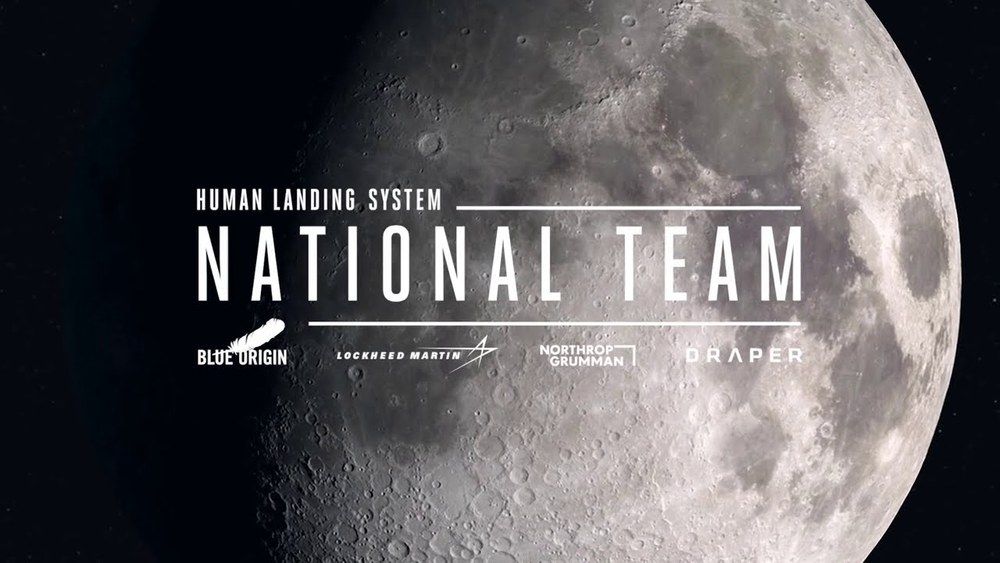Emotional dysregulation and anxiety are common in people at clinical high risk for psychosis (CHR) and are associated with altered neural responses to emotional stimuli in the striatum and medial temporal lobe. Using a randomised, double-blind, parallel-group design, 33 CHR patients were randomised to a single oral dose of CBD (600 mg) or placebo. Healthy controls (n = 19) were studied under identical conditions but did not receive any drug. Participants were scanned with functional magnetic resonance imaging (fMRI) during a fearful face-processing paradigm. Activation related to the CHR state and to the effects of CBD was examined using a region-of-interest approach. During fear processing, CHR participants receiving placebo (n = 15) showed greater activation than controls (n = 19) in the parahippocampal gyrus but less activation in the striatum. Within these regions, activation in the CHR group that received CBD (n = 15) was intermediate between that of the CHR placebo and control groups. These findings suggest that in CHR patients, CBD modulates brain function in regions implicated in psychosis risk and emotion processing. These findings are similar to those previously evident using a memory paradigm, suggesting that the effects of CBD on medial temporal and striatal function may be task independent.
Imagine a country where AI takes all the jobs so that no human being is working. How will it be like? To many people, that means hell – human civilization may soon end since we no longer control our own survival. But to others, that signifies the advent of new life, where mankind can finally get rid of labor and focus on something more valuable.
A major report card on the state of biodiversity gives failing grades to the world’s nations. The United Nations’s Global Biodiversity Outlook 5, released this week, concludes that the world has not met ambitious targets set 10 years ago to protect nature. “The warning lights are flashing. We have to recognize that we’re in a planetary emergency,” Andy Purvis, a biodiversity researcher at the Natural History Museum said in a statement.
Despite glimmers of progress, the world has not achieved decadal targets to protect nature.
How can combat pilots protect warfighters in the air and on the ground at the speed of light? We’re developing laser pod technology now to be ready for action when the warfighter calls. The future is almost here.
Learn more about TALWS: https://lmt.co/3hry0kJ
Motion Sensors & Holograms
Posted in electronics, holograms
Summary: Time-sensitive neuron fatigue in the supramarginal gyrus skew how we perceive time.
Source: SfN
On some days, time flies by, while on others it seems to drag on. A new study from Journal of Neuroscience reveals why: time-sensitive neurons get worn out and skew our perceptions of time.
By studying the DNA of people who lived in East Asia thousands of years ago, scientists are starting to untangle how the region was populated.
Rolling out in most of its cities starting next year.
Google Fiber will double the maximum internet speed offered to its customers starting later this year from 1 Gbps to 2 Gbps, the company announced this week. The new plan will cost $100 a month, $30 more than the company’s existing 1 Gbps option. However, only downloads will be offered at the new maximum speed; uploads will remain at 1 Gbps. With the new plan, Google says it will provide customers with an unspecified “new Wi-Fi 6 router and mesh extender” to make the most of the new speeds.
Pilots of the new plan are due to kick off in Nashville, Tennessee, and Huntsville, Alabama, next month, with a full rollout in the two cities planned for later in the year. The company says it currently offers Google Fiber and Google Fiber Webpass (which uses over-the-air transmission rather than fiber optic cables) in 19 cities in the US. 2 Gbps pilots are due to start in its other markets later this year, with a rollout in “most” cities in early 2021.
Musk reckons his brain-computer interface could one day help humans merge with AI, record their memories, or download their consciousness. Could he be right?
@BlueOrigin, @DraperLab, @NorthropGrumman & @LockheedMartin have completed critical System Requirements Review (SRR) for their #NationalTeam Human Landing System (HLS) concept.
